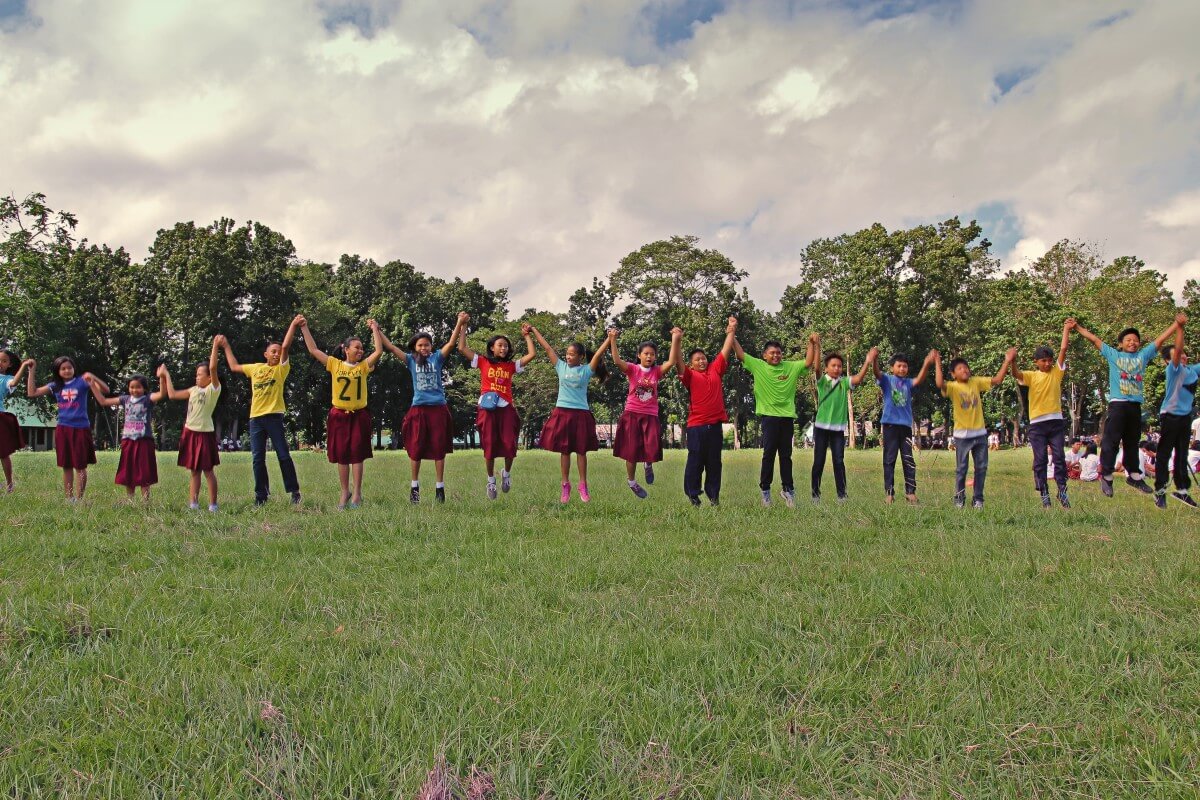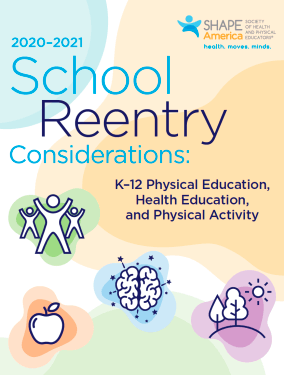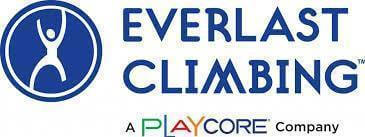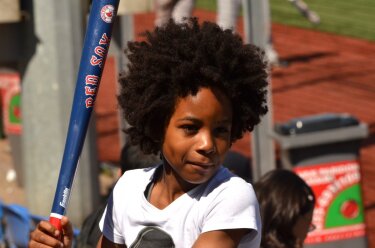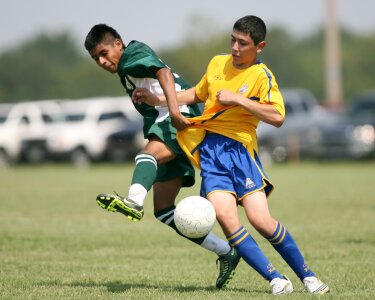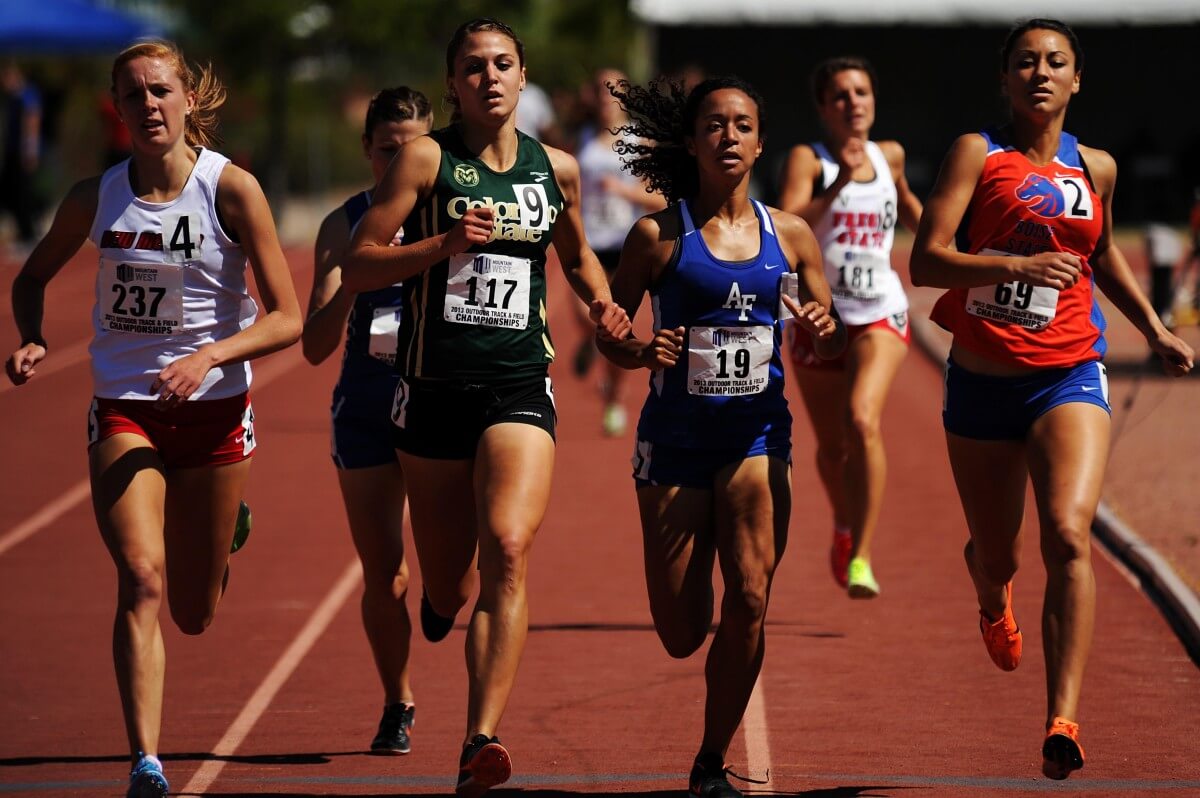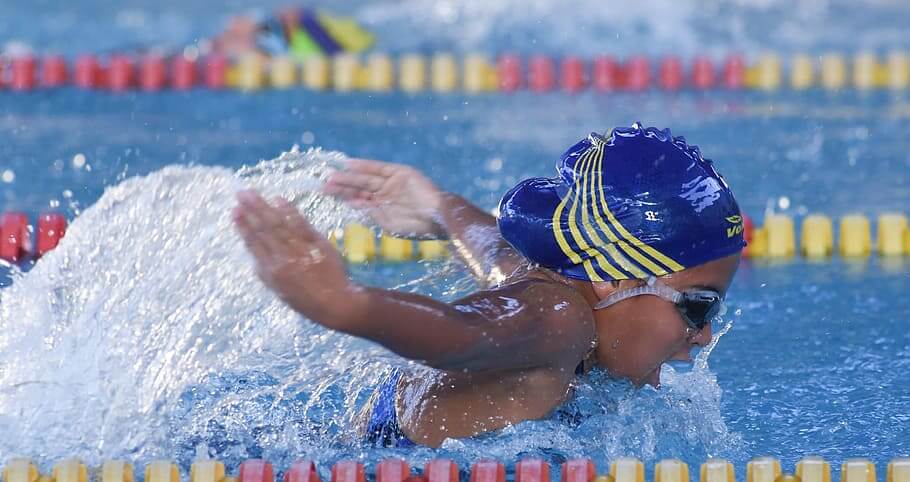[4-Article Series]
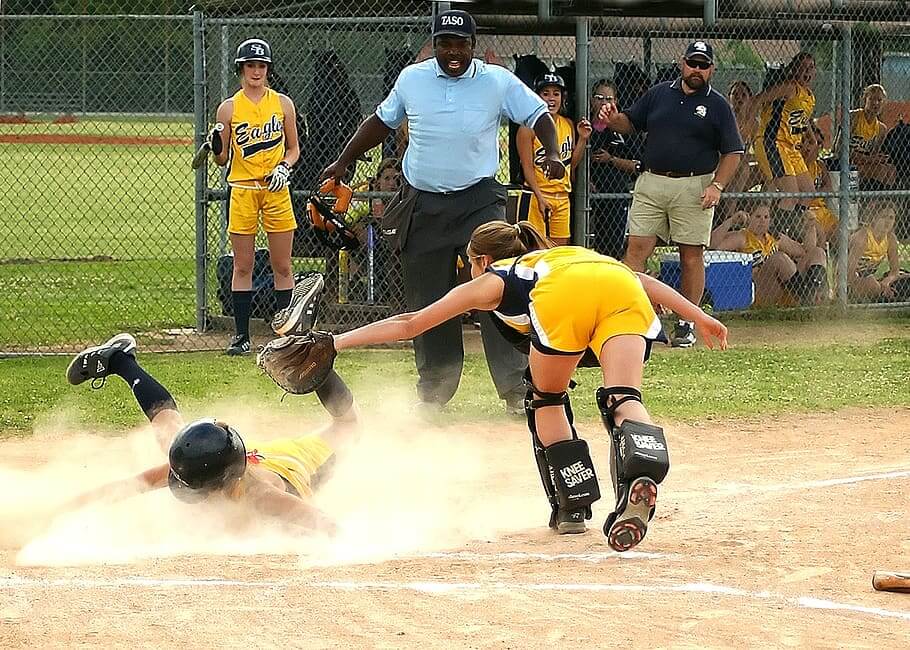
Introduction: Sport Psychology in Action
When I was a student (not so that long ago), my professors all emphasized the importance of bringing the research we did to those individuals who could put it into practice. Unfortunately, even though they spoke of this value, most assigned work focused on an audience of academics instead of coaches in the field. Now that I am a professor at Boise State University, I want to put these words into action. One way I try to do this is through my students’ course assignments. Specifically, in my theoretical sport psychology masters course, one of the major assignments is a blog post that must take research articles and tailor the content to a specific audience (e.g., coaches, parents, athletes). Through this assignment, I hope students see the value of communicating research, often hidden behind a paywall or difficult to access, to the coaching audience that can put the content into practice in their own work.
 It is with this lens that I present four articles completed in a course this past fall semester. Each of the authors was a master’s student in the course that focused on sport psychology theory. In the course, we cover a variety of topics including anxiety, confidence, motivation, and a number of constructs that influence coaching behaviors. In the assignment, students were able to focus their article on any topic they choose and direct it to any audience they feel would benefit from the information.
It is with this lens that I present four articles completed in a course this past fall semester. Each of the authors was a master’s student in the course that focused on sport psychology theory. In the course, we cover a variety of topics including anxiety, confidence, motivation, and a number of constructs that influence coaching behaviors. In the assignment, students were able to focus their article on any topic they choose and direct it to any audience they feel would benefit from the information.
